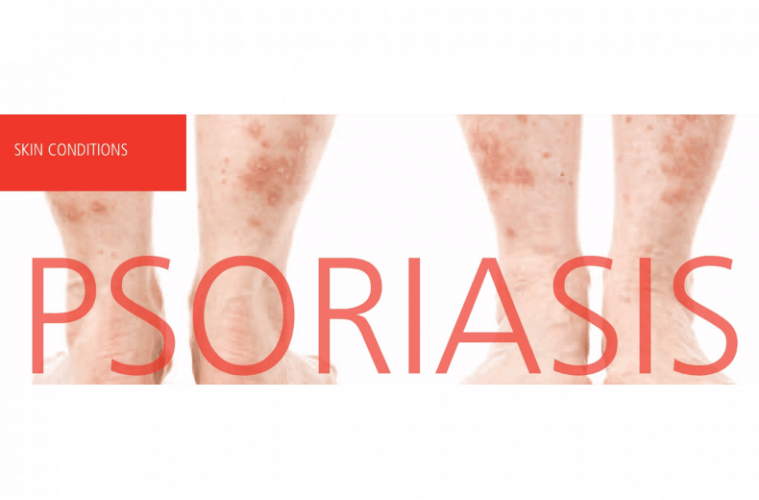Currently affecting up to three per cent of the UK population, psoriasis is an inflammatory skin disease that typically follows a relapsing and remitting course. Timothy McClure takes a closer look at this distressing condition…
Psoriasis
By Timothy McClure
Psoriasis is characterised by scaly skin lesions which can be in the form of patches, papules or plaques. Itch is often a feature.2 Psychological and social effects are common and can be profound, though these effects are not necessarily related to the severity of skin involvement. Patients should be given reassurance about psoriasis’ benign, non-contagious nature. It should be emphasised that the condition is chronic and long-term with periods of remission and relapse.1,2 Although there is no cure, it is important to remember that psoriasis can be managed and with the right treatment and advice, the impact on quality of life can be minimised.
Psoriasis can present at any age, but is more likely to first present between fifteen years and 30 years of age. It is uncommon in children, with a prevalence of under one per cent in most studies. While men and women are equally affected, psoriasis is more common in Caucasians.2,3
The skin lesions of psoriasis are a consequence of hyperproliferation of the epidermis. Subsequently, the body can take just a few days to replace skin – a process that normally takes around 28 days. This accumulation of skin cells builds up to form raised psoriatic plaques on the skin. Psoriasis is also associated with dilation and proliferation of blood vessels in the dermis layer of the skin. In addition, inflammatory cells (particularly neutrophils and T-lymphocytes) increase in number.1,2
The cause of increased cell turnover and skin inflammation in psoriasis is not known. Genetic factors appear to be involved with around one third of sufferers having a close relative also affected. Several factors are however believed to affect the onset or exacerbation of the disease. These include:
- Streptococcal throat infection
- Drugs (examples include lithium, beta-blockers, antimalarials, nonsteroidal anti-inflammatories and angiotensin-converting enzyme inhibitors)
- Trauma (known as the Koebner reaction, the development of psoriatic plaques can follow injury to the skin 7 to 14 days post trauma)
- Sunlight (though beneficial in most cases, may exacerbate psoriasis in a small number of people)
- Psychological stress
- Post-partum hormonal changes
- Smoking
- Excessive alcohol intake1,3,5



